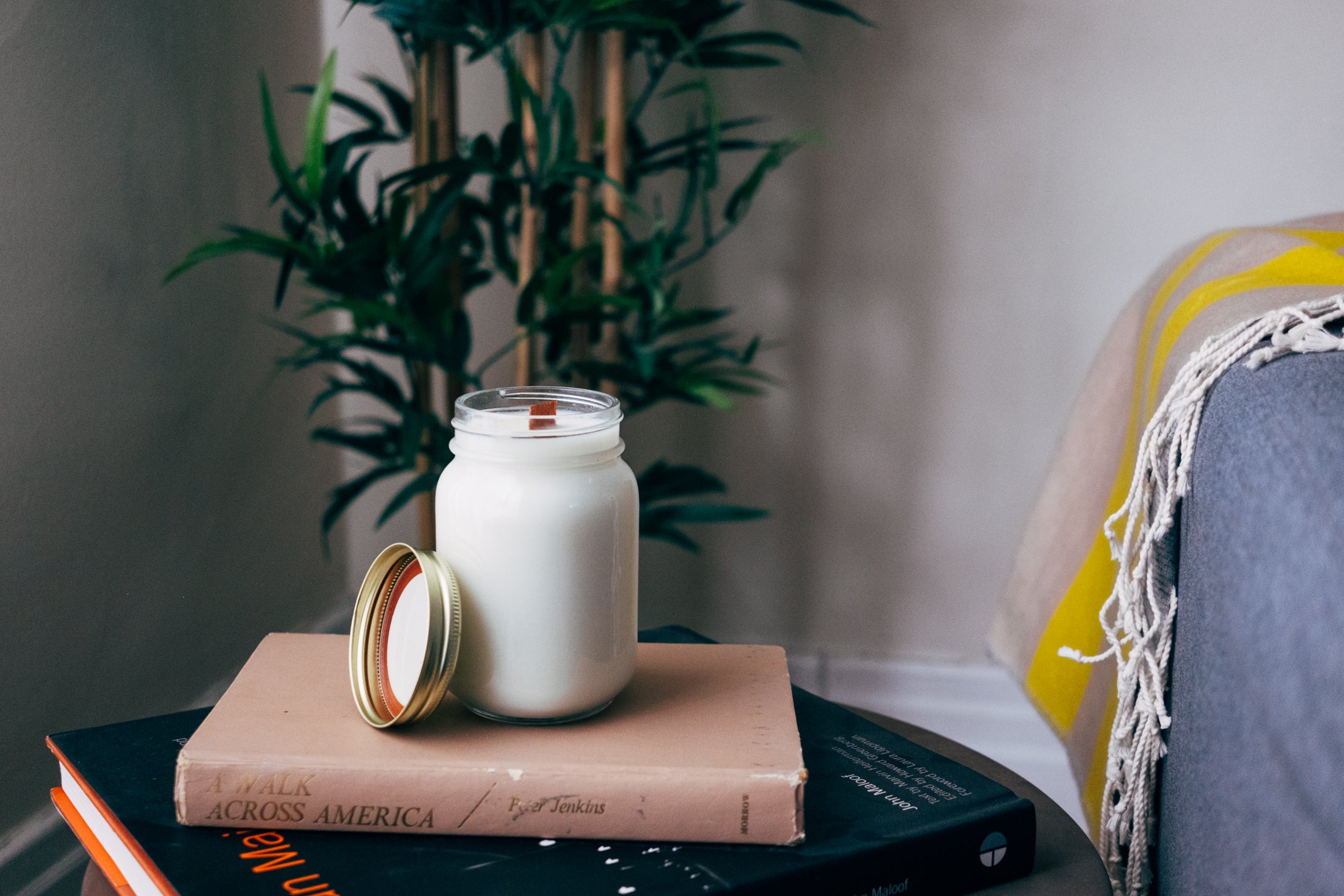Interior Design Elements: The 7 Principles for Luxury Home Styling

7 Essential Elements of Interior Design: Creating Sophisticated Living Spaces
Interior design transcends mere decoration—it's the art of crafting environments that elevate your everyday experience. Whether you're working with an intimate apartment or an expansive home, exceptional design harmoniously balances beauty and functionality whilst reflecting your personal aesthetic.

Understanding these fundamental principles will empower you to make thoughtful decisions and create a home that feels both luxurious and welcoming.

1. Space – Maximising Every Opportunity
Sophisticated design begins with strategic space planning—the careful orchestration of furniture and décor to achieve optimal flow and purpose. Whether you're working with an open-plan layout or a more intimate room, consider these approaches:
Optimise furniture placement – Arrange pieces to create an intuitive journey through your space, allowing natural movement whilst maintaining elegance.
Embrace purposeful simplicity – Select multi-functional furniture that maximises storage whilst maintaining clean lines and sophisticated appeal.
Utilise vertical opportunities – Tall bookshelves, carefully positioned plants, and considered wall-mounted lighting can create an impression of greater space and grandeur.

2. Line – Creating Visual Harmony
Lines provide structure and establish the character of your space. They can be:
Horizontal elements (shelving, console tables, window treatments) create stability and grounding
Vertical features (floor-to-ceiling curtains, tall lamps, architectural details) add height and sophistication
Dynamic curves (rounded furniture, flowing fabrics) introduce softness and movement
Design insight: If your space feels overly structured, introduce curved elements through furniture silhouettes or soft furnishings to create visual balance.

3. Form – Balancing Structure and Flow
Every element in your room possesses a distinct form, whether geometric and structured or organic and free-flowing. Sophisticated design artfully combines both approaches:
Match form to purpose – Choose pieces that are both visually striking and functionally appropriate for your lifestyle.
Create thoughtful contrasts – Pair rounded dining tables with angular seating, or balance soft upholstery with sleek metallic accents.

4. Light – Crafting Atmosphere Through Illumination
Lighting is fundamental to creating the perfect ambience. Layer these three types for optimal effect:
Ambient lighting (chandeliers, ceiling fixtures) provides overall illumination
Task lighting (reading lamps, under-cabinet lighting) offers focused brightness for specific activities
Accent lighting (wall sconces, picture lights, decorative lamps) creates depth and highlights your finest features
Professional tip: Position mirrors strategically opposite windows to amplify natural light and enhance the sense of space and brightness.

5. Colour – Establishing Your Palette
Colour profoundly influences atmosphere and emotion, so choose with intention:
Warm tones (rich terracottas, golden yellows, deep corals) create energy and warmth
Cool tones (sophisticated blues, calming greens, elegant purples) evoke tranquillity and refinement
Neutral foundations (crisp whites, sophisticated greys, warm beiges) provide timeless versatility
Styling suggestion: If you're drawn to bold colours but prefer a timeless approach, introduce them through luxury accessories like silk cushions or artwork before committing to painted surfaces.

6. Texture – Adding Depth and Sophistication
Texture transforms a space from flat to fascinating, creating visual and tactile interest:
Soft textures (sumptuous velvet, natural linen, plush wool) bring warmth and comfort
Hard textures (polished metals, gleaming glass, natural stone) add contemporary contrast and elegance
Layered combinations – Pair rough natural materials (woven baskets, raw wood) with smooth surfaces (marble, silk) for sophisticated balance.

7. Pattern – Expressing Personal Style
Patterns should enhance rather than overwhelm your carefully curated space:
Use patterns judiciously – One statement element (a stunning rug, elegant wallpaper, or luxurious fabric) can transform a room
Coordinate patterns thoughtfully – Stripes, florals, and geometric designs can coexist beautifully when they share complementary colours

Creating Your Perfect Interior
Exceptional interior design achieves harmony—between form and function, colour and texture, simplicity and statement pieces. Whether you're making subtle refinements or planning a complete transformation, applying these principles will help you create a home that reflects your lifestyle and sophisticated taste.
Ready to begin? Consider which element would make the most impact in your space, and start your design journey with that single, thoughtful change.
